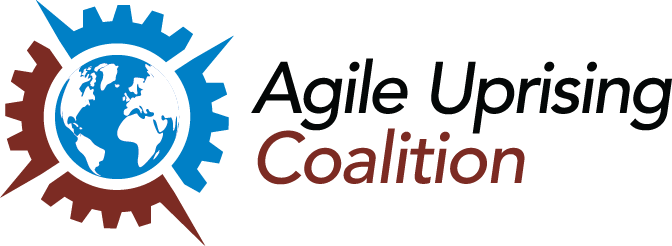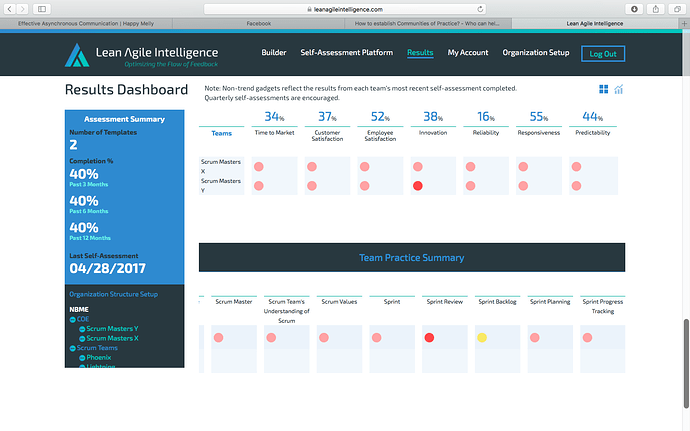Sparking off from the discussion about Developing people in agile teams:
Working with several agile teams, Communities of Practice (CoP) can provide an instrument to establish learning across the teams. That’s what I derived from the discussion mentioned above.
Anyhow, when thinking about setting up CoPs, I am worried that this might bring too much disruption to the setup in the agile teams.
I have teams of various agile levels, from a quite advanced group with a lot of initiatives up to a beginners team, sticking to conventions to get on. All teams share a common “platform” and work on products around the same business.
I can see communities on general concerns, like quality or security, as well on specific implementations, e.g. authentication and authorization. But, I have the understanding that
a) responsibilities for deliverables have to stay with the individual teams
b) prioritization for topics have to stay with the individual teams
Otherwise I would fear, that some “replacement” structures will come in place, as CoPs will start to act like Agile Teams itself. But this again would mean that people work in multi teams, which does not work for me. So how can this work out?
I have heard about black belt classes. These are groups with the pure interest of becoming better in a topic and make the knowledge available to the rest. If teams now can decide to send delegates to these black belt classes, this sounds to me the most reasonable way to get to Communities of Practice.



